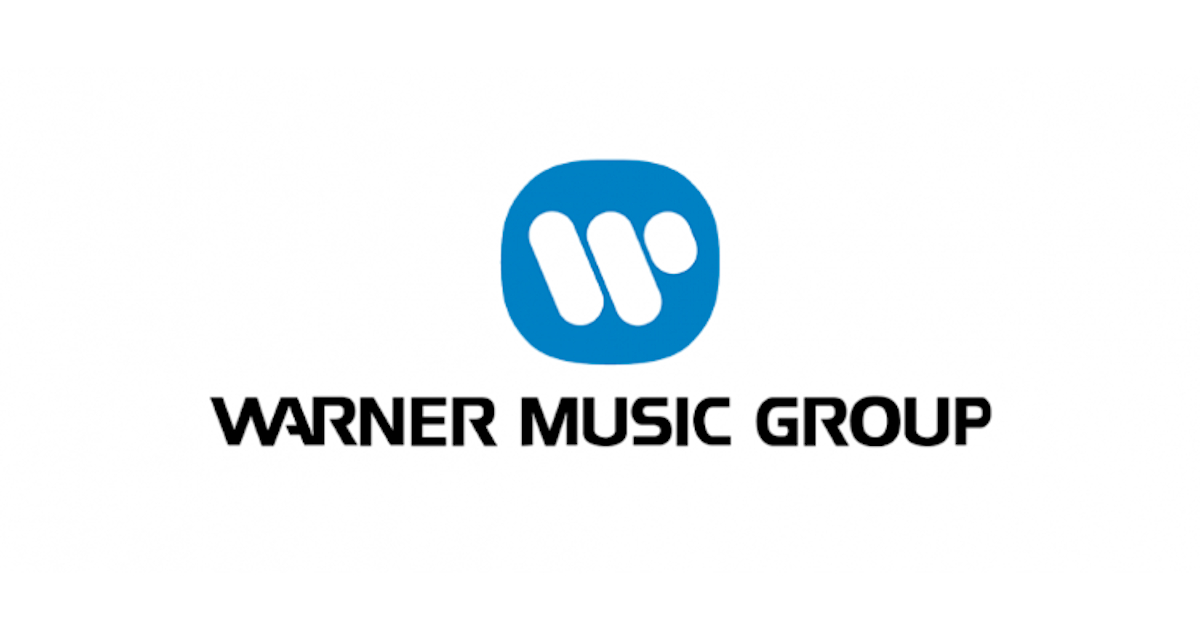No, it wasn't. DRM stands for Digital Rights Management and refers to a technology that exists in excess of the actual data to be consumed (audio, video, software) to prevent unauthorized access or copying. CDs have no DRM, they're just physical media for digital audio. There's nothing in redbook that stops certain players from reading discs or stops users from copying them.
In fact, introducing DRM to an audio CD violates the standard - Sony tried to do this and was rebuffed by generally everyone.
Please don't lose context. I was replying to
Couldn't access the full version of the content without licensed software /equipment.
CD players were licensed, so by a definition that says DRM applies with "licensed software/equipment"...
I don't agree here. DRM often hurts paying customers more than it hurts pirates.
DRM basically always adds cost (often very significant cost) to the consumer, both on the hardware and software end. Anybody can build a CD player or manufacture CDs without getting access to special tech beyond the Redbook standard. If Philips gave out special encryption keys to only certain companies, it would have made CD players more expensive. It also would have limited who could publish CDs. It's a type of market control that is generally harmful to the consumer.
The point is that if somebody legitimately produces a genuine advance, as a private company rather than through public funding, there has to be a return on the investment involved.
You need to think about dishonesty, the word I used, in more than a technical sense, and what should and should not be covered by patent law and by security devices.
Licensing fees were used to generate revenue from CD players and discs. It was the looming end of the patent, and therefore of that revenue, that was a contributing factor in the development of SACD, as we keep being told.
If we consider licensing, it gets even more confusing. Ownership of an LP record is still a license, even today. It used to be printed on every single label, and I presume it still is. The current law in a lot of countries allows you to rip the vinyl, or copy the CD, or whatever, for other personal uses (varies by country) but if you sell the LP, you also sell the license. It may not be digital, but it is still control of use by legal right. This is civil law.
Limiting the number of manufacturers would have made no sense for CD as a format. Atmos is a different proposition because it doesn't just repackage an existing technology and there is more to protect: so I can't say the same thing for it, especially as I'm not really sure of the requirements to be let into the club. Some DRM techniques are used to ensure or preserve standards, which in turn protects the consumer (they pay more but they know what standard of product they are getting).
DRM does more though than protect copyright, at least in some jurisdictions. Because of the Digital Millenium Copyright Act and other laws, in the US - and because of the way copyright law and free trade agreements are set up, in other jurisdictions - breaking a DRM protection system potentially runs you up against criminal law and extradition from some of those other jurisdictions. So DRM is brought in because of that extra legal issue, raising the stakes for anyone who goes near it. Civil law is much harder for companies to use, when it comes down to it.
In other words, the consumer may not like DRM. However, DRM gives a company more protection against someone breaching the system than copyright or patent protections do. The patent may not be valid, but the DRM is. What do you expect a company to do?


www.digitalmusicnews.com
